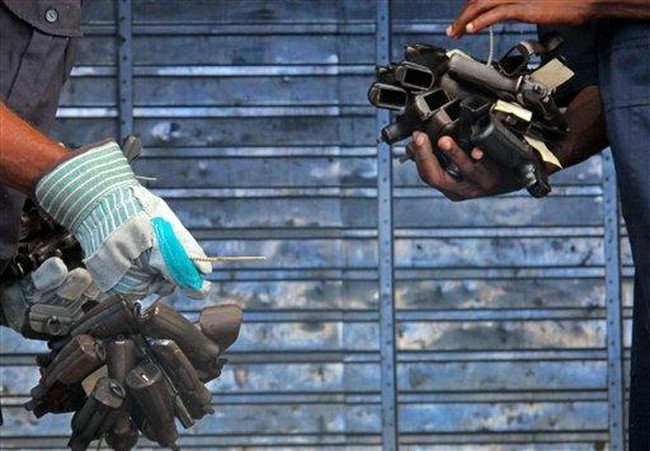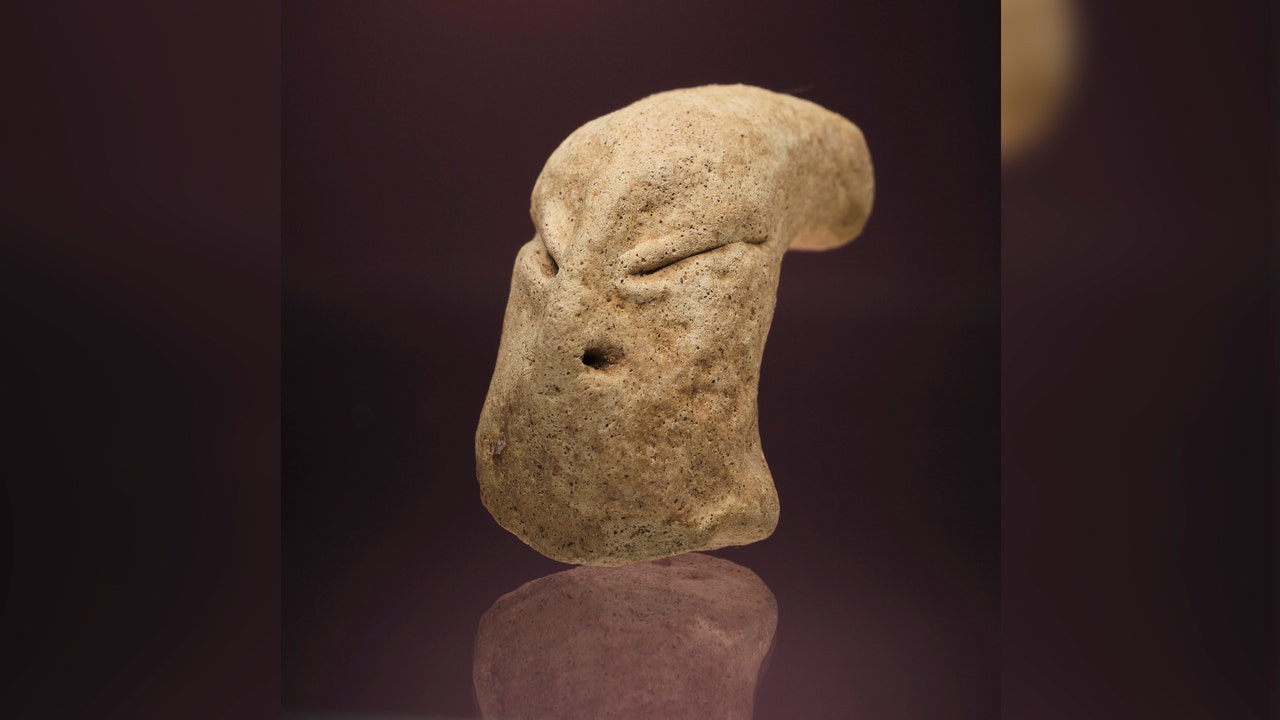When I want a reasoned take on guns, The Guardian from the UK isn’t who comes to mind.
Over the years, they’ve run numerous anti-gun stories and opinion pieces and their take on the right to keep and bear arms is well understood. They’re pretty OK with the fact that the UK doesn’t have it.
So I don’t expect a reasonable take from them on guns. Ever.
Yet, it seems it happened.
The piece has the headline, “‘Wherever you have drugs, you have guns’: why is there an epidemic of violence in the Caribbean?”
As governments and organisations work to identify and address the root causes of escalating crime levels, academics in the region have examined the legacy of colonisation and the culture of violence embedded by transatlantic slavery.
Dr Wendell Wallace, a professor at the University of the West Indies, said there was a “conflation of many factors” behind the alarming crime statistics in a region beset by climate and other vulnerabilities. Economic challenges, weak border control, the drug trade, an influx of guns from the US and the breakdown of family values were top of his list.
“Our economies are small and, in some instances, smaller than the budgets held by transnational organised [crime] groups. That in itself makes it very easy to corrupt state officials as well as infiltrate the region.
“Then, most of the Caribbean islands are situated in the middle of the north-south drug trade, so we are on the transshipment points for drugs and, wherever you have drugs, you have guns. And with that, you have that constant fight for turf,” he said.
He added that gangs and organised crime groups take advantage of socioeconomic gaps, providing jobs, fraternity and their own brand of communal justice. He warned that more and more legislation and hardline approaches, such as states of emergency, are not effective as long-term solutions. The best approach, he said, was a “judicious mix of the hard side of policing and the softer side of policing”. Wallace also proposed the creation of national youth services.
“Data shows that people involved in criminality, as well as most of the victims, are between the ages of 15 and 35. So, if they are not employed in a productive capacity, let us get them into a national youth service that provides a higher level of skills training. We should involve the banking sector to make access to loans easier for startup businesses.”
So, let’s get this straight for a moment.
We’ve got The Guardian including a quote from someone who says that so long as there’s a pipeline to get drugs int Caribbean countries, there’s a way to get guns in there as well, and that the solutions might be to address the root causes of people engaging in violent crime, mixed with tough enforcement of existing laws?
I swear, this sounds like something Cam or I would have said, to say nothing of legions of other gun rights advocates.
Obviously, I agree with Wallace on this, though I’m not sure how a national youth service would work in practice or any of that, but the underlying motivation is sound.
The truth is that if there’s a demand, someone will try to find a way to meet that demand. The more difficult that demand is to meet, whether it’s legal barriers or something else that limits the availability of that good, then the more lucrative it is for those that are able to meet the demand.
That applies to fruit, cars, natural resources, drugs, or guns.
So yeah, applying more laws doesn’t seem to help–the Caribbean doesn’t have a single pro-gun nation in it, after all. Each has significant gun control–so it’s time to recognize reality and look toward doing something else. If it’s a national youth service that trains them up to be productive members of society, well, so be it.
Either way, it’s got to be better than what’s currently been tried.
I’m just shocked at The Guardian acknowledging that by repeating the quote in the headline.
Read the full article here






![MSNBC’s Joe Melts Down Over Trump Victory, Ignores January 6 Spin [WATCH] MSNBC’s Joe Melts Down Over Trump Victory, Ignores January 6 Spin [WATCH]](https://www.lifezette.com/wp-content/uploads/2024/10/2024.10.25-01.10-lifezette-671b98e05fdfb.jpg)


